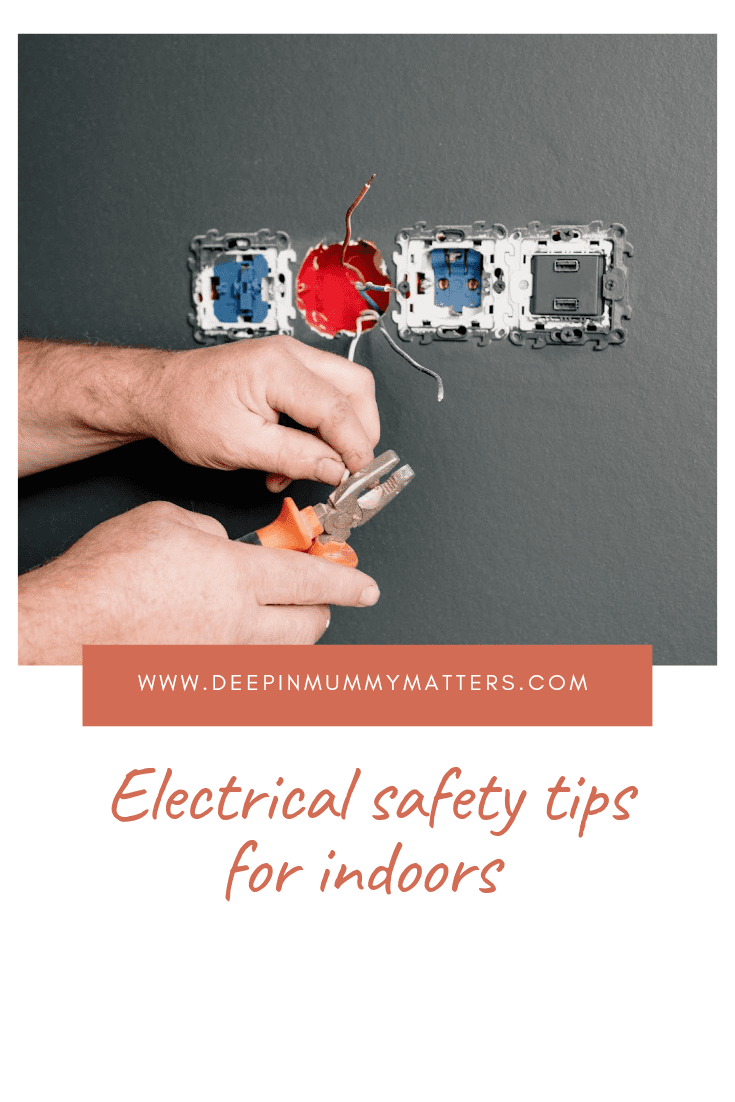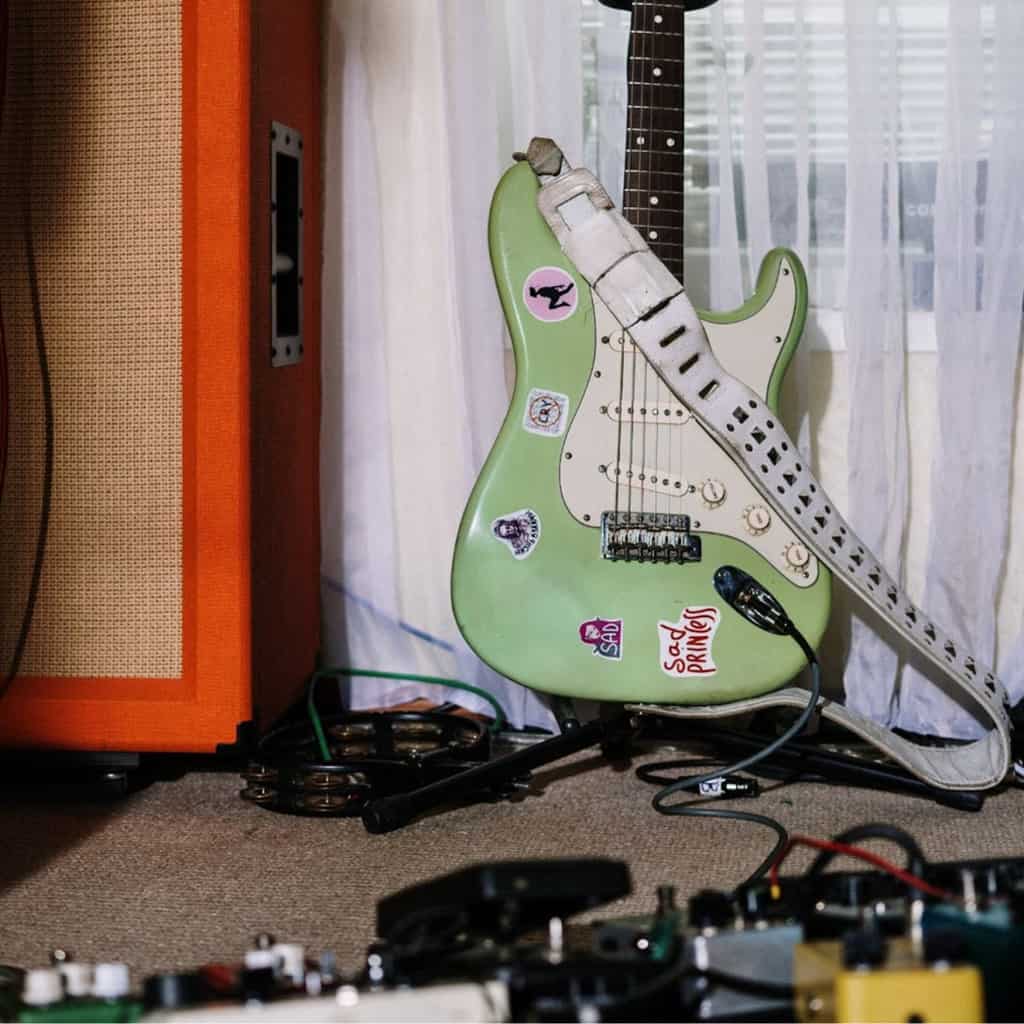As every home is powered with electricity, there are risks of electrical hazards. Statistics say that there is massive underreporting of electrical hazards, so we do not see many examples of indoor electricity hazards to make you aware. People who work with electrically powered equipment are the ones who are more prone to electric hazards, mainly when mishandling happens.
Fire, electric shock and flash are the significant hazards associated with electricity. When the body comes in contact with an electric circuit, it becomes a part of it immediately. The severity of the electric hazard varies with different factors like duration of exposure, amount of current etc. And the result of the electric shock can be as small as a tingle or as big as cardiac arrest leading to death.
You can prevent all these if you follow the simple electricity safety tips. To maintain your home with little risk of electric hazard, follow the safety tips provided below.
Safety tips for your home
1. Keep the cables clean and safe
The cables are extensively prone to damages, and this is not only when they are in use. You have to keep both cables clean. Please keep them in a safe space away from pets and kids who will unknowingly cause damage. Keep everything covered in bags and so that it does not get affected by dust.
2. Unplug everything that is not in use
This is the simplest thing you can follow to keep away the electrical hazards, yet people ignore it and forget it. Unplugging the cords when not in use prevents phantom drain and preserves the energy; along with that, you are out of danger of power surges and fire caused by overheating. There is a potential risk to small kids and pets if you keep the cords plugged in because they can unknowingly touch the cord’s tip, or pets can try to lick or smell it.
3. Keep everything away from water
Water and electricity do not get along, is the universal truth. So be mindful about where you are placing your electrical appliance. Keep the equipment dry so that you can keep yourself safe from electrocution. Never try to switch off or on the electric equipment with wet hands. If any water gets spilt on the electric appliances, first switch off the main power switch and then unplug everything. After that, take the water out and dry the appliance.
4. Always follow appliance instructions
Whenever you are using the appliance, you should follow the user instructions given in the manual. They are provided to keep you safe from electrical hazards. Understanding the appliance’s working and how to safely operate it is suitable for both the appliance and your safety. If there are any faults in the equipment contact the electrician to check the problem as soon as possible.
5. Make sure you are using the correct wattage
The lighting of the house should be 60 watts or less than that. While adding bulbs, do not connect two bulbs to a single lamp with a single switch. Keep different switches for different bulbs. Also, do not mix the types of bulbs with a switch.
6. Have a properly air-conditioned space around every appliance
Every electric appliance tends to heat one or the other day. Keeping them in a properly air-conditioned space keeps them cool and prevents overheating and its consequences. Keeping them cool has a positive effect on the appliance’s efficiency, and it becomes more durable. If you can not provide the air conditioning naturally, try keeping exhaust fans so that the room is perfectly ventilated.
7. Keep every appliance in proper working condition
Short circuits happen most of the time when the appliance is not maintained in its ultimate working cognition. Either it is plugged incorrectly, or there is some disparity in its working. Keep on checking the coolants in the appliance to refill them on time. Repair the damaged parts as soon as possible.
8. Have a fire extinguisher
In case of any fire emergency, you will need a fire extinguisher to get control over that. Many people don’t know that there are different fire extinguishers available for different hazards. A class C extinguisher is necessary for energised electrical fires. After all, you can not put out the electric fire by putting water because then you are increasing the risk of electrocution. The class C extinguishers have substances like mono ammonium phosphate and potassium bicarbonate, which do not conduct electricity but will put the fire off. You can also have extinguishers that use CO2.
9. Do not use extension cords for more prolonged durations
Electric cords are not for permanent use. So they should not be considered for permanent connections of the appliances. If you use them regularly for a long duration, they tend to have defects like cracks that can lead to shock. Covering the cracks with electrical tapes is not a good choice. So it is better to connect the appliances to the electric outlet rather than using an extension cord.
10. Keep an eye on overloading
Avoid overloading a single outlet because they are made with a specific capacity to put out a definite amount of energy. It is very unsafe to connect multiple high wattage appliances to a single outlet. If you do not have multiple outlets at home, consider installing one for relieving the stress on the single outlet. Otherwise, the appliances stop working because of overloading, and it is dangerous for the electric system. You can use electric pressure relief valves prepared by the best industrial valve company to high flow appliances to reduce overloading. They will provide the best quality control valves as well.
Conclusion
It is essential to be aware of the electrical hazards in your home, and you should take preventive measures to avoid them. That is why we provide you with straightforward steps to keep your home and your pets safe. Make sure that you always use the best quality products because safety always comes first on the priority list.



Useful blog.